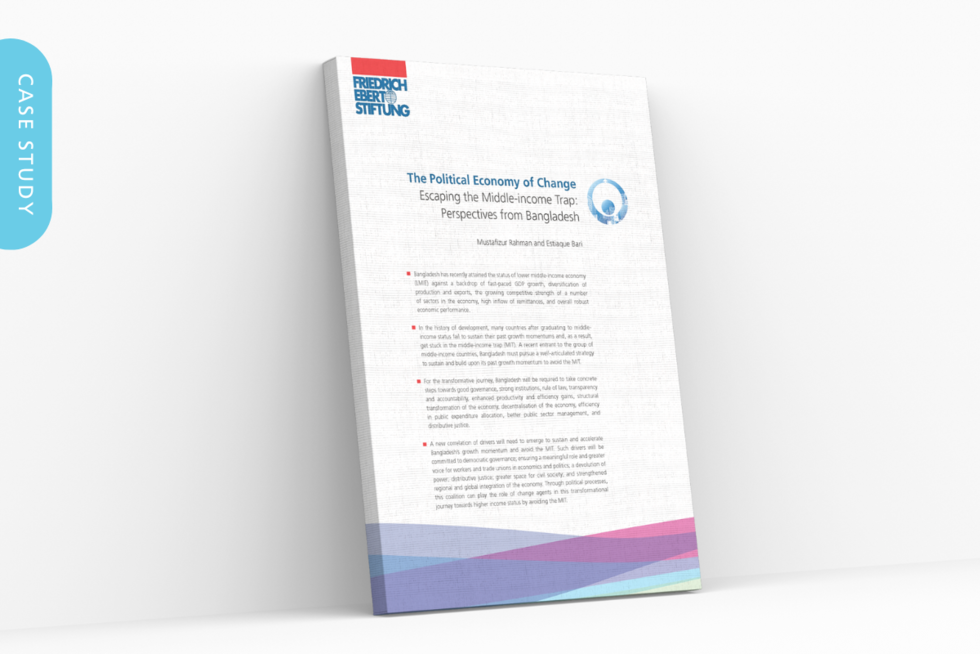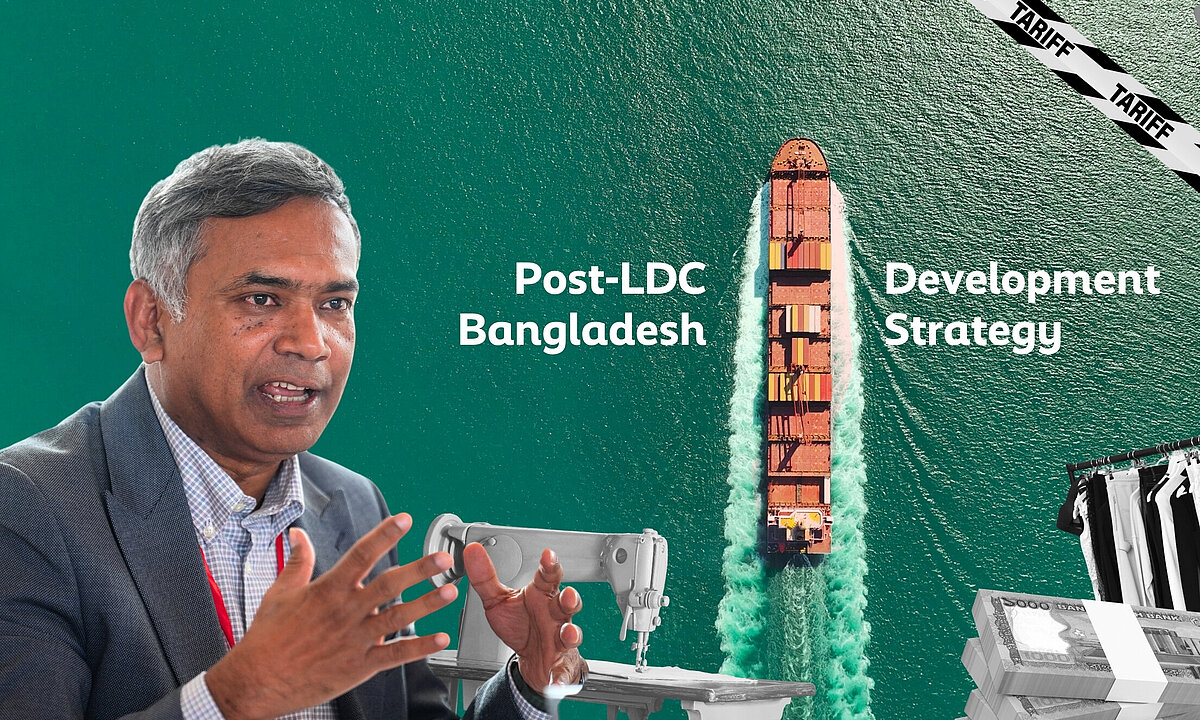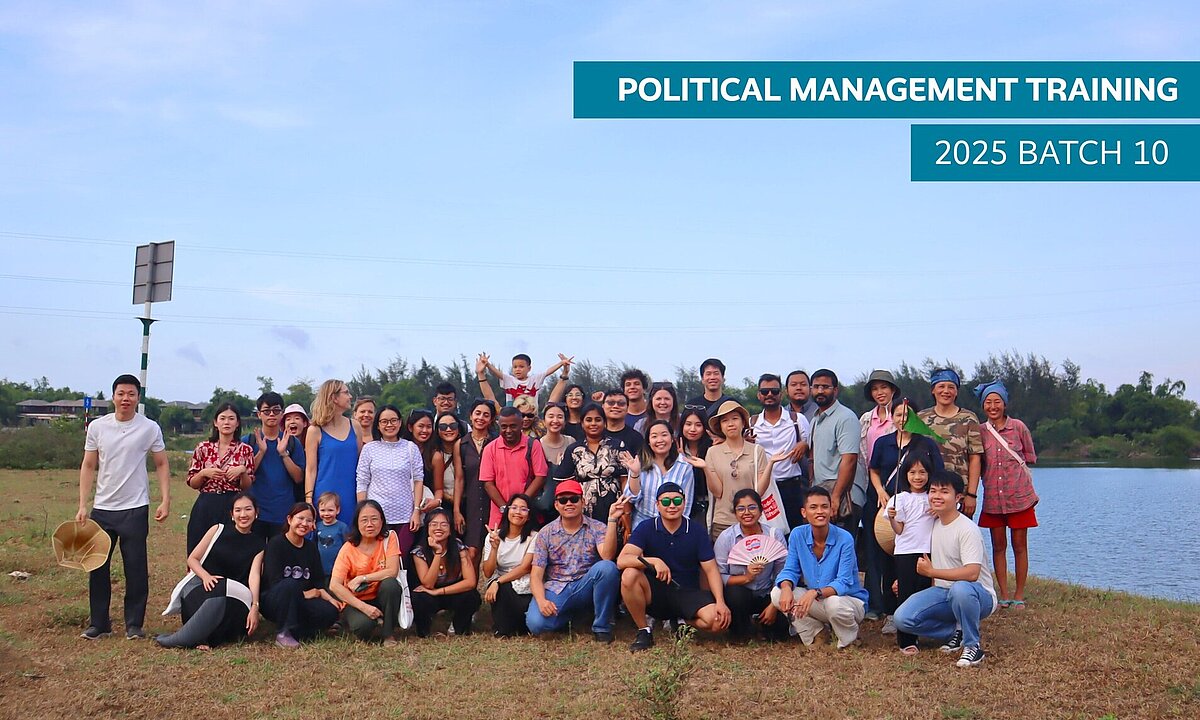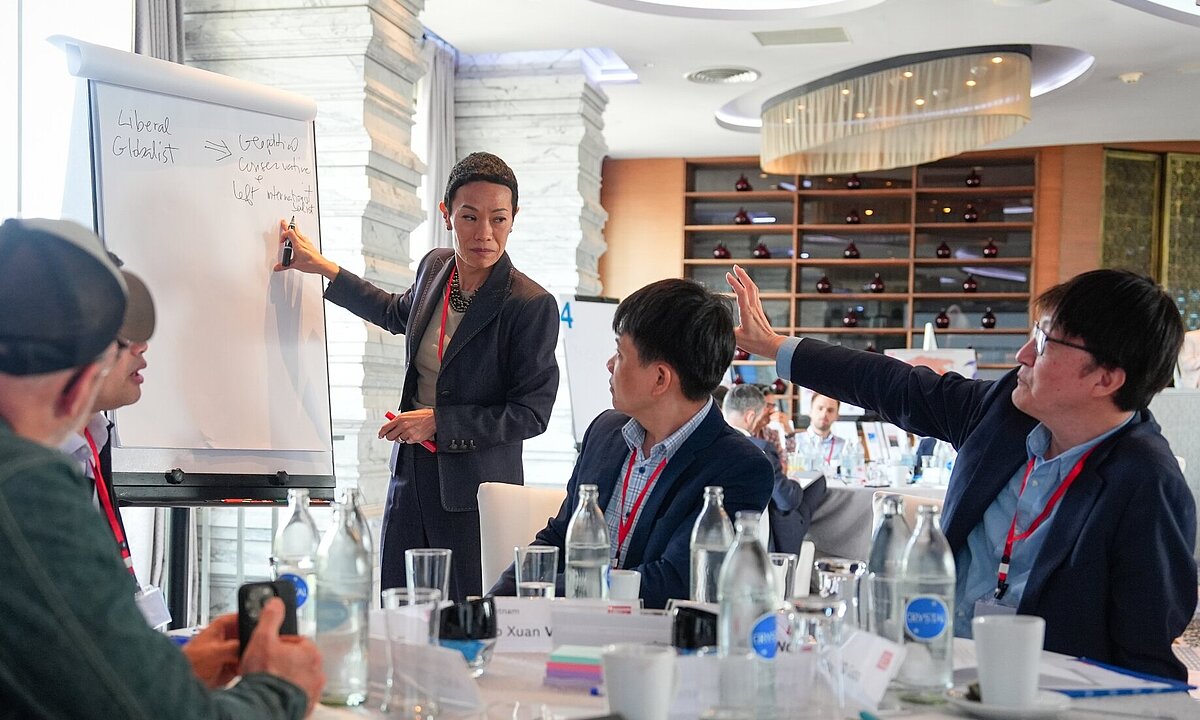Bucking the middle-income trap threat
Bangladesh has recently attained the status of lower-middle income economy.
In the history of development, many countries after graduating to the middle-income status fail to sustain their past growth momentum and, thus, get stuck in a so called middle-income trap – a stable, low-growth economic equilibrium where talent is misallocated and innovation stagnates.
How can Bangladesh avoid such a trap and how can the country take advantage of its strengths to accelerate the pace of development to graduate from the middle-income status? These were among the central questions broached in “Political Economy of Change in Bangladesh,” a newly released study by Friedrich-Ebert-Stiftung in Bangladesh and the civil society think-thank Centre for Policy Dialogue (CPD) in Dhaka.
In “Political Economy of Change in Bangladesh,” available in English and in Bangla, the two CPD affiliated authors, professor Mustafizur Rahman and Estiaque Bari, find that a new correlation of drivers will need to emerge in Bangladesh to sustain and accelerate the country’s growth momentum. Such drivers, the authors of the study argue, must commit to good governance, ensuring a meaningful role and greater voice for workers and trade unions in economics and politics, guaranteeing a distributive justice, enhancing productivity and efficiency gains and strengthened regional and global integration of the economy.
On occasion of the release, FES and CPD organized an expert discussion with international and country-based scholars where participants identified challenges and opportunities for Bangladesh, while drawing on the recommendations put forward by the study.
“We must work on shaping a broad-based coalition of forces that will be willing and able to steer the country in its next lap of journey towards higher growth and higher standard of living for the people,” reiterated professor Rahman, one of the participants at the discussion who also presented the findings of the study.
Joining the discussion from Germany, Dr. Hansjörg Herr of the Berlin School of Economics and Law and the Global Labour University alerted that “without a comprehensive industrial policy and institutional changes, Bangladesh is in danger to fall into stagnation and jobless growth.”
The publication, one among a series that analyse the political economy of development in countries in Asia, was an outcome of a country and regional initiative by FES, exploring paths for development. Similar studies have been published by FES in India, Vietnam and Indonesia.
“Our next steps as FES in the country and in the region is to look closer into the effects of automatization and digitalization on the economy and to analyze how to foster dialogues on the economy of tomorrow (EoT) which will represent the voice of the youth,” informed Franziska Korn, Resident Representative of FES in Bangladesh.
Friedrich-Ebert-Stiftung Asia
Bringing together the work of our offices in the region, we provide you with the latest news on current debates, insightful research and innovative visual outputs on geopolitics, climate and energy, gender justice, trade unions and social-ecological transformation.




